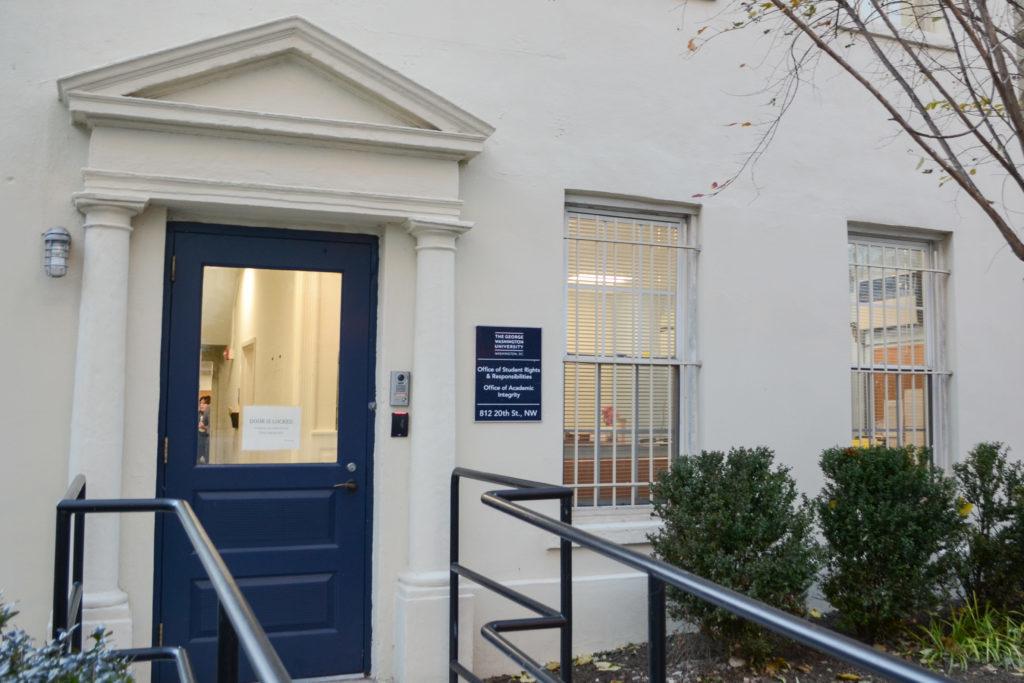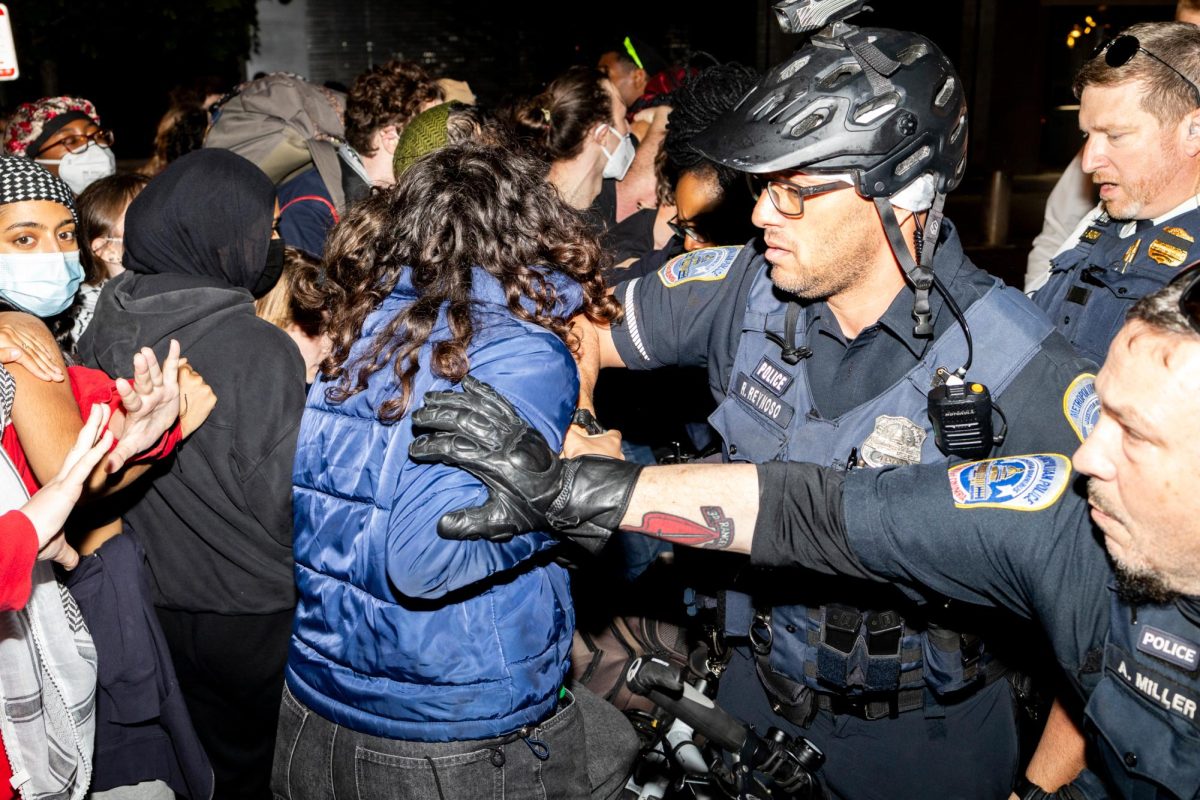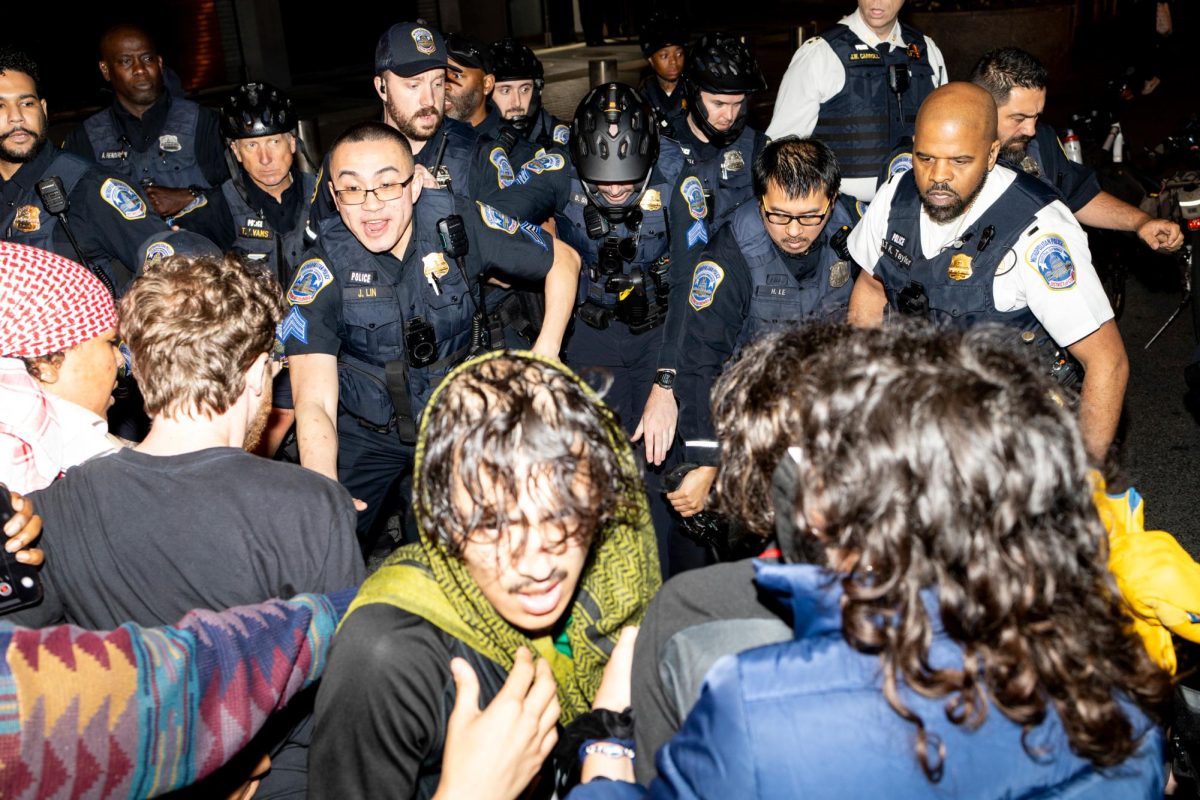More than one month after the leader of the student conduct office left the University, officials have not yet started the search for his replacement.
Gabriel Slifka, the former director of student responsibility, left the University late last month after being called up for active-duty military service. At the time, student affairs officials said they hoped to find an immediate interim replacement because the role served such a critical function for students.
But officials have not announced an interim director and have not yet posted the opening on the University’s job database.
Danielle Lico, the associate dean of students for student administrative services, said officials are committed to filling the position and hope to quickly make a hire once the search begins.
“Once posted, we will move quickly through the resume review, interview and hiring process while ensuring we are gathering the feedback of the community, including students,” she said in an email. “Hires like this can take several months, if not longer.”
Lico, who oversees SRR and several other student affairs departments, said the office has a system in place to efficiently manage student conduct cases, even without a director.
She added that another SRR staff member is set to start in the office next week.
In an interview earlier last month, Vice Provost and Dean of Student Affairs Peter Konwerski said the office was looking for an outside official to fill the position. Konwerski, who announced that he will step down next semester, said officials hoped to have an interim replacement lined up by the time Slifka left in late October.
“We’ve had some candidates that we’ve talked to already and we’re going to proceed with a follow up set of interviews to make some decisions,” he said at the time. “It’s really important for us to have a person in this role pretty quickly.”
Experts said that a vacant director position can impact the stability of the department and searches for new positions often take several months.
Jill Creighton, the president of the Association for Student Conduct Administration, said every university has a unique hiring process – including talent acquisition and recruitment – and that the hiring process timeline could be altered for a variety of reasons.
“It takes time to find the right candidate,” she said. “There are positions in higher education where it’s not uncommon to have a position vacant for a period of a month.”
Creighton said the biggest impact of a vacant director position is the absence of someone who is in tune with the department’s philosophy and can command the office.
She added that the remaining staff members often assume any duties and responsibilities of the missing administrator until a university hires a replacement, which might have an impact on the process for caseloads.
“The caseload is not likely to change while not having someone to direct the team, so there could be an impact in terms of rising caseload for the remaining staff,” she said.
During periods of turnover earlier this year, some students navigating the case process complained that the office left their phone calls unanswered and waited months before making disciplinary decisions.
Linda Rowe, the assistant dean of student affairs at the University of Illinois, College of Medicine at Peoria, said it’s not unusual to have turnover in higher education and that departments are usually well equipped to take over the duties of the missing director.
“You simply find other people who are familiar enough with it to do the tasks,” Rowe said. “It shouldn’t be too apparent to the students. It should be fairly seamless because the department’s work should not depend on a singular person.”
She said a university might put big or special projects on hold until the new person is hired and that institutions make different decisions about what the department should prioritize when they lack a director.
Rowe added that searches for new positions often take several months, because universities have to create search committees, approve their choices and submit background checks.
“In my opinion, the only person you can hire really fast is a football coach,” she said. “I think students are reasonable for asking us to tell them how things are being handled.”





